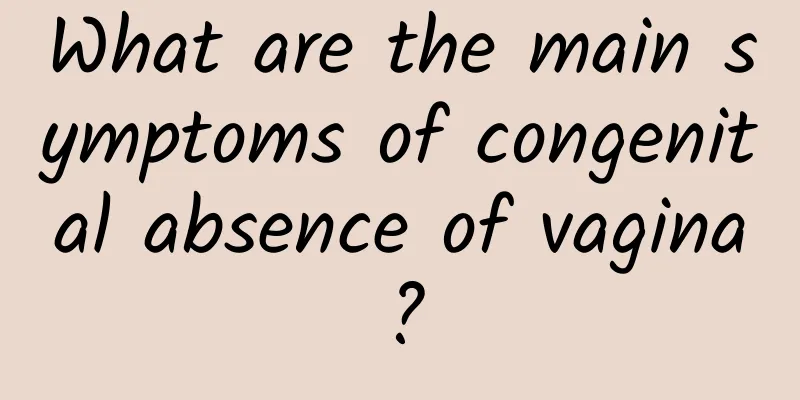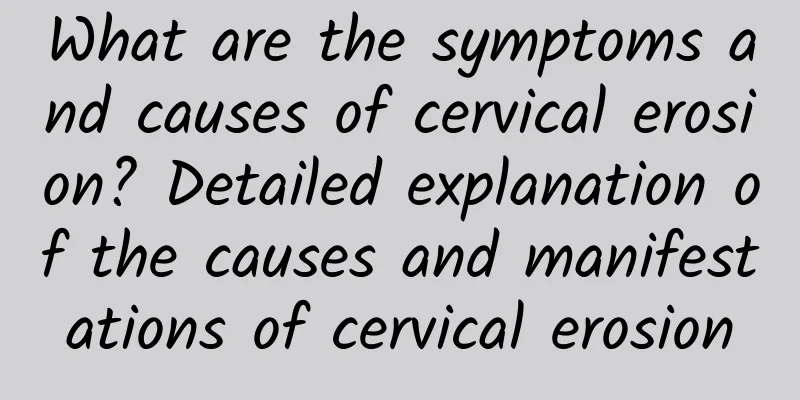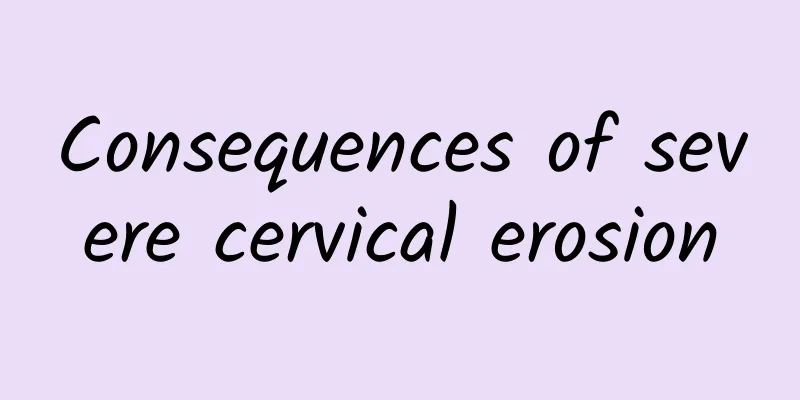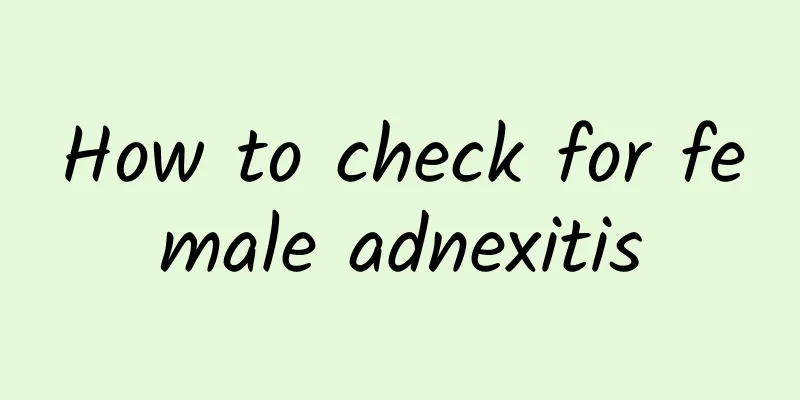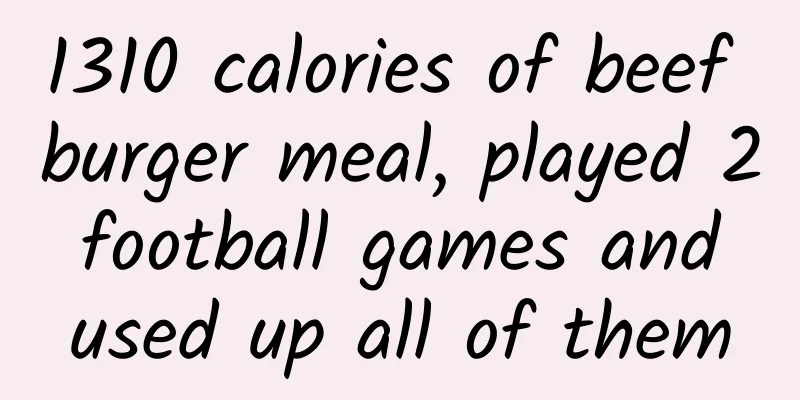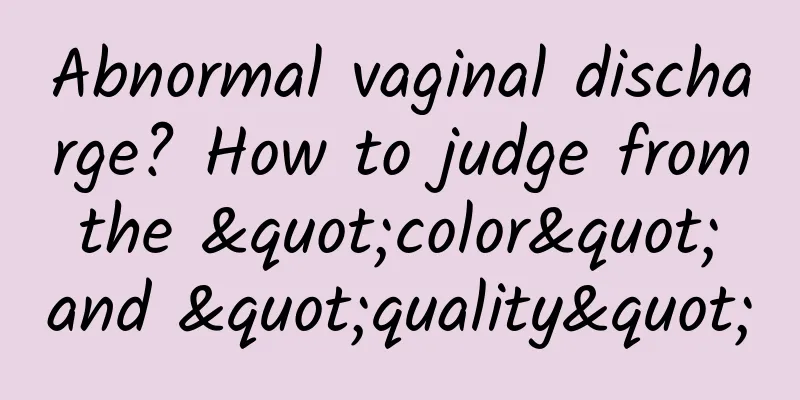Not dieting is healthier! Food should be enjoyable. A British nutritionist will help you break down the myths of weight loss.
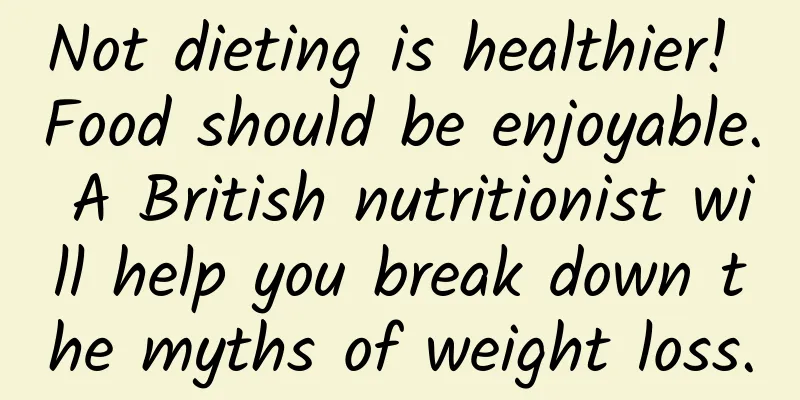
|
No matter where we are, diet culture bombards us with information about the value of health and body shape. Whether it is weight loss products, weight loss services, weight loss meals, gyms, weight loss pills, etc., the information is overwhelming. We can't escape these diet and weight loss advertisements, and two-thirds of the general public are always dieting. When will we be unable to withstand the influence of this diet culture? Very soon. After all, not only are humans afraid of obesity, most people are actually overweight. The fear of obesity causes us to endlessly restrict our food intake, shut our mouths tightly, seal our appetites, start smoking, do some crazy exercise training, and then hate ourselves. There are several reasons why our relationship with food has begun to deteriorate. First, over the past few decades, the public's definition of body beauty has changed from appreciating plump curves to pursuing a thin and slender figure; second, this concept of ideal body shape, combined with dieting culture, has made obese bodies an imaginary enemy; third, the rise of "healthism", which regards health as a moral code of conduct, and the responsibility for health or not lies entirely with each individual. This socially constructed concept of health has captured the public's attention, causing them to attribute blame for not taking good care of their bodies to individual behavior, while also associating moral responsibility and self-worth with body size and body fatness. Modern people are generally dissatisfied with their body shape, and few people do not feel anxious about it; this would make you mistakenly believe that there is no one in the world who is not anxious about their body shape (if there is, you would think that such a person is narcissistic). It is estimated that between 70 and 90 percent of women and more than half of men are dissatisfied with their body shape. Such thoughts can occur in children as young as seven, and are shared by people of all sizes, races, sexual orientations or ethnic groups. According to research, body dissatisfaction is a common cause of eating disorders, low self-esteem and depression. So in many ways, body dissatisfaction has become a core concept in our physical and mental health. Then why are so many people still dissatisfied with their bodies regardless of whether they are fat or thin? Parental influence and bullying are partly to blame, but the main reason is the ideal body image created by the media: the ideal body shape for women is to be slim, while the ideal body shape for men is to be muscular and strong. In all forms of media channels and social media platforms, thin and strong images are always deliberately highlighted, praised or praised, while fat characters are either the funny friends, the "before weight loss" photos, or are portrayed as unworthy of love. The ideal female body portrayed in the media today is getting thinner and thinner, far below the average female audience receiving these messages; similarly, the male image portrayed in the media is getting stronger and stronger. Neither of these two postures is very practical for most people. If women watch TV commercials featuring slim women (compared to ads featuring average-sized women or ads that have nothing to do with appearance), they will be more dissatisfied with their body shape, while images of strong men will make average men feel that they are not strong enough and that they are inadequate. Advertisers take advantage of this by selling us products we don’t need and solutions to problems we don’t have in the first place. Diet culture loves this because it makes a ton of money from our insecurities and vulnerabilities. Diet culture has lied to us in many ways. It tells us that only a slim body is healthy, hunger is bad, eating when sad is wrong, there are "good food" and "bad food", we must exercise to lose weight, and our bodies are not good enough. These concepts are being broadcast around the world via television screens and social media apps. Diet culture tells us that our worth is determined by our physical health, and that if we’re not healthy enough, it’s our own fault. Diet culture is wrong In this book, I'll talk about the various health and nutrition-related lies we're exposed to and show how believing them can have the opposite of the intended outcome: making us even less healthy than before. These lies make us stop loving food and make it less of a thing to celebrate. For many people, food becomes a daily source of anxiety and something to contend with. Yes, I'm a nutritionist and my job is to help people live healthier lives, but what I see in my clinic makes me sad and worried. Nutrition is certainly very important, but it is now being exaggerated and distorted. Even the term “good food,” originally used to describe a table full of delicious food, is now used to refer to something completely different; it no longer describes the pleasure of enjoying food, but rather the health status created by dietary choices. Nutrition did not invent the morality of eating, it merely elaborated on it; it simply mapped the relationship between food and pleasure in the present moment. It’s hardwired into our DNA that food should be pleasurable. Food is more than the nutrients that keep us alive, and health is more than just what we put in our stomachs. It's time to remind ourselves of this and reclaim the joy that diet culture has robbed us of. This article is from the book "Not Dieting for Better Health: British Nutritionists Help You Break the Myths of Weight Loss, Use Intuitive Eating, and Cultivate Your Body's Self-Healing Power" by Times Culture |
Recommend
To prevent cervicitis, you must choose a method that suits you
The incidence of gynecological diseases is gettin...
How much does painless abortion surgery cost?
The cost of painless abortion surgery usually ran...
Can I have an IUD inserted if I have pelvic effusion?
There are many reasons for pelvic effusion, inclu...
Several common clinical manifestations of adnexitis
What are the clinical manifestations of adnexitis...
Is endometriosis scary?
Endometriosis is a gynecological disease that nee...
What should I pay attention to during miscarriage? There are still many issues that need attention.
After a miscarriage, you need to pay attention to...
What are the treatments for pelvic effusion?
What are the treatments for pelvic effusion? Pelv...
How big does a uterine fibroid need to be surgically removed? What are the classifications of uterine fibroids?
Introduction to this article: How much uterine fi...
What causes abdominal distension during menstruation?
What causes abdominal bloating during menstruatio...
Signs of a recurring pelvic inflammatory disease
Signs of a recurring PID: Pelvic inflammatory dis...
What are the symptoms of dysmenorrhea caused by ovarian cysts
Can ovarian cysts cause dysmenorrhea? What are th...
What is the duration of pelvic inflammatory disease treatment?
The treatment time of pelvic inflammatory disease...
What are the causes of ectopic pregnancy?
In recent years, countless pregnant women have lo...
What are the dietary taboos after abortion? Don't eat these foods right after abortion
Abortion is extremely harmful to the body. Theref...
The key to autologous fat breast augmentation is to create space
The key to breast augmentation with autologous fa...
